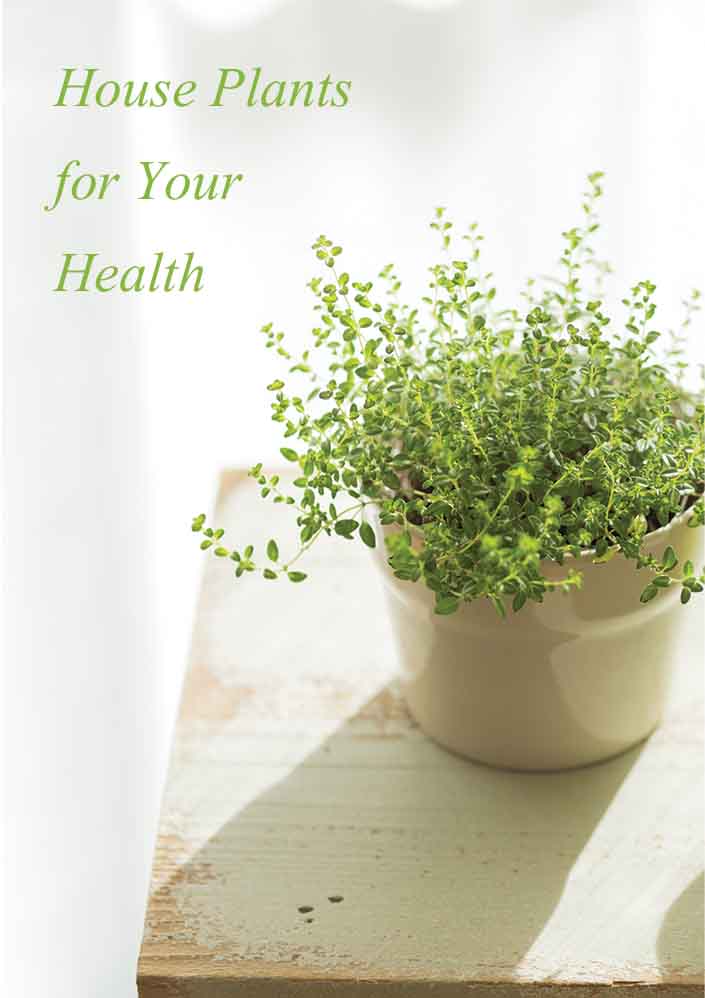VOLUME XXI / SEP 2014
Two Dreams is a wellness program led by Andrea G. Barthwell, MD, FASAM that provides individualized care for those who dream of recovering a healthy lifestyle.
NOTE FROM DR. B.
Next month is shaping up to be a busy one for Two Dreams! We will be attending the Lifestyle Intervention Conference in Las Vegas, as well as the 2014 National Conference for Lawyer Assistance Programs in Nashville, Tennessee. I also am extremely pleased to announce John Southworth as our featured guest writer for this month. His piece on ‘Receiving Help’ serves as a great reminder to us all as we go about our daily routines.
Lastly, please join us for our next training event with Caron Treatment Centers in Chicago. The event will be held at the Harold Washington Library from 9:00 a.m. to 5:00 p.m. on October 23, 2014, and attendees will receive 6.5 CEUs.
VOLUME XXI / SEP 2014
Two Dreams is a wellness program led by Andrea G. Barthwell, MD, FASAM that provides individualized care for those who dream of recovering a healthy lifestyle.
NOTE FROM DR. B.
Next month is shaping up to be a busy one for Two Dreams! We will be attending the Lifestyle Intervention Conference in Las Vegas, as well as the 2014 National Conference for Lawyer Assistance Programs in Nashville, Tennessee. I also am extremely pleased to announce John Southworth as our featured guest writer for this month. His piece on ‘Receiving Help’ serves as a great reminder to us all as we go about our daily routines.
Lastly, please join us for our next training event with Caron Treatment Centers in Chicago. The event will be held at the Harold Washington Library from 9:00 a.m. to 5:00 p.m. on October 23, 2014, and attendees will receive 6.5 CEUs.
Register online at Two Dreams Chicago CEU Events
MONTHLY PROMISE
#19: “Our whole attitude and outlook on life will change.”
By: Brett Dunning, TDOB Clinical Director
My original thoughts on the ninth step promises were that they were simply expectations that would most likely go unfulfilled. Even at two years sober I would look at these promises and become resentful that they were coming true in others’ lives but not my own. At that time I was still emotionally “loose”; when things went wrong in my life I reverted back to self-pity and isolation. When things went well I felt grandiose and my happiness was to the extreme. To add to the emotional roller coaster I felt entitled to happiness simply because I stopped using mood altering substances.
In hindsight I can now see that I was still suffering from the “isms” of addiction. This is evidence that individuals who are off all mood altering substances still need help well after the active addiction is finished. At that time fear, resentment, anger, self-pity, depression, and insecurity made up the majority of my attitude. These maladaptive feelings did not rule me like when I was in active addiction though their presence still made life difficult for myself and those around me.
My outlook on life could not change unless my attitude changed. In therapy I recognized that my intellectual habits identified negativity most often. I looked for things to “fall apart” through high expectations so I could justify how wrong my life was and continue to feel internally unique, isolate, and do what I wanted. The first step is the only step about stopping the use of mood altering substances the other eleven are attitude adjustment steps which contribute to the psychic change necessary to recover from the disease of addiction. Therapy and the support of 12-Step Fellowship allowed me to gain awareness of my negative core beliefs and assisted and supported the change of attitude I have had. I cannot fully identify when this happened nor do I want to, over-intellectualization is a luxury I cannot afford today. What I can say is that today I am not saddened by the summers end but look forward to the beauty of fall, which is only a minimal example that my attitude and outlook on life has changed because of my recovery.
NEWS HIGHLIGHTS
Experts Scan Social Media to Prevent New Drug Trends
By: Theresa Straney, TD Therapist
NDEWS is a National Drug Early Warning System in development to collect data on emerging trends. Data collection is used to identify the increased use of synthetic designer drugs and the increased use of drugs such as heroin.
The NDEWS system will scan social media and web platforms to establish a community of experts who will regularly communicate with each other to detect trends and provide important information to the public. The development of this system may save lives by using social media.
COMMUNITY
“Once you choose hope, anything is possible”
By: Jennifer Williams, TDOB Medical Case Manager
This Month on the Banks: September has been an exciting month for Two Dreams Outer Banks. It is one of our favorite times of the year! Fall is just around the corner and we have been very busy with fun filled outdoor activities including: stand up paddle boarding, visiting the Currituck lighthouse, witnessing the breathtaking views of the Whalehead Club, tackling the First Flight Adventure Park and more! On September 20th, 2014 we had the opportunity to host a booth at the Walk Against Addiction which was held at a local high school. Two Dreams, among many other organizations had brochures and pamphlets educating the community on the disease of addiction. The Two Dreams community was also able to participate and “walk” against addiction. This event is proof that we can bring awareness to our communities and educate ourselves and those around us in order to help loved ones struggling with addiction.
THE 3P’S
mental peace – physical well-being – personal productivity
House Plants for Your Health
By: Kara Hamilton, TD Assistant Art Director
The air most of us are breathing at our jobs or in our homes is hurting our health. Ranked among the top five environmental risks to public health, stagnant indoor environments can make you sick, causing headaches, dizziness and nausea. How is this possible? Furniture, synthetic building materials and cleaning products all can emit toxic compounds.
The good news is, you can combat these problems with a simple houseplant. Plants absorb some of the particulates from the air as they take in carbon dioxide. They also have microbes in the soil that help filter the air. Lastly, studies have shown that plants help reduce stress levels, blood pressure, and mental fatigue.
So here is a list of plants that will have you breathing fresh air all day long while you’re stuck inside. And in accordance with my personal experience of having a ‘black thumb’, these plants are also virtually impossible to kill.
Spider Plant
- Pollutants removed: Formaldehyde, xylene
- How to Care: Bright, indirect sunlight
Snake Plant
- Pollutants removed: Benzene, formaldehyde, trichloroethylene, xylene
- How to Care: Drier conditions and some sun, occasional watering
Garden Mum
- Pollutants removed: Ammonia, benzene, formaldehyde
- How to Care: Occasional watering, do not let wilt
Ficus/Weeping Fig
- Pollutants removed: Benzene, formaldehyde, trichloroethylene
- How to Care: Bright, indirect sunlight, allow soil to dry out between waterings
Peace Lily
- Pollutants removed: Ammonia, benzene, formaldehyde, trichloroethylene
- How to Care: Grows best in shady areas, keep soil moist
Boston Fern
- Pollutants removed: Formaldehyde, xylene
- How to Care: High humidity and indirect light
Bamboo Palm
- Pollutants removed: Benzene, formaldehyde, trichloroethylene
- How to Care: Full sun or bright light
FEATURED GUEST WRITER
Receiving Help
By John Southworth, CADC, NCAC, ICAADC, CIP, Executive Director/Owner, Southworth Associates
The other day, a friend sat down to tell me about a particularly trying Monday she had had. This gal is an adult child of an alcoholic and is active with Al-Anon and the 12-Steps. She had experienced a tough day at the office in which her opinion had been dismissed and sore personal subjects were brought up. Feeling small, she decided to take a hike in some trails just outside of town to connect with her higher power and gain some clarity on the matter. After a lengthy hike, she returned to her car feeling clear and much better only to discover her car key had been lost somewhere along the trails. She was at least four miles out of town. It was a hot afternoon and she had no water with her and was feeling exhausted, resentful and defeated.
At that moment, my friend decided it wasn’t worth it to ask for help and she would just walk back to town herself so as not to “bother anyone”. She was sore and tired when she got home and feeling even more resentful with her work and circumstances. I said “Honey, asking for help is absolutely part of our recovery”. When we don’t reach out to our higher power, friends and loved ones in our moments of need, we compromise the fundamentals of our recovery. We find that compromising in this way has a sort of snowball effect into resentments and self-pity. What we must understand is that our recovery is something we have to work every day, in every way. Because justifying one poor decision sure makes it a lot easier to keep justifying others.
I want everyone reading this and especially those working a recovery program to be open to asking and receiving the help we need. And remember a favorite African proverb “If you want to go fast, go alone. If you want to go far, go together.”
John has been involved in the field of chemical dependence for over 30 years. In 1984 he received his certification from The National Association of Alcohol and Drug Addiction Counselors (NAADAC). He served on the Board of Directors for the Federation of State Physicians Health Programs under the auspices of the AMA and currently serves on the Board of Directors for the Association of Intervention Specialists. He serves as Program Director for recovery programs benefitting the Idaho state Boards of Medicine, Dentistry, Pharmacy, and the Idaho State Bar Association. John also serves as a consultant for several treatment facilities, facilitates interventions world-wide, coordinates client’s recovery treatment, and provides post-treatment case management services. John recently completed a three-year appointment to the Governor’s Criminal Justice Commission advising the legislature in matters of addiction.
Thank you to our content contributors:
- Dr. Andrea Barthwell – Founder
- Brett Dunning – TDOB Clinical Director
- Theresa Straney – TD Therapist
- Jennifer Williams – TDOB Case Manager
- Kara Hamilton – TD Art Director
For admissions and all staff call us at: (504) 510-2331
© 2014 Two Dreams Outer Banks. All Rights Reserved.




